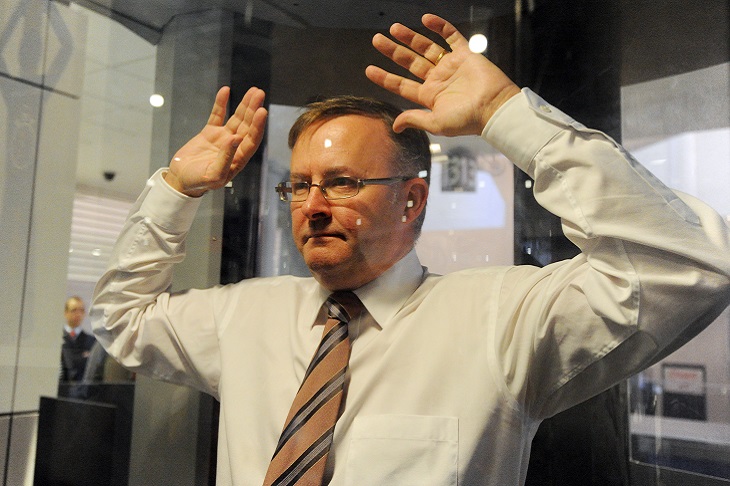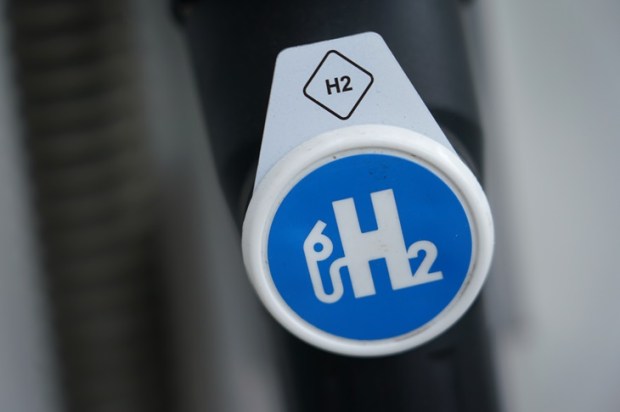I’m not the first to point out the incredible disconnect of Team Albanese when it comes to our top judges, but let me repeat the key point. This Labor government spent nearly a year and a half assuring us that the present High Court of Australia was a perfectly safe pair of hands should we Australians vote ‘Yes’ to the Voice in a s.128
Already a subscriber? Log in
Subscribe for just $2 a week
Try a month of The Spectator Australia absolutely free and without commitment. Not only that but – if you choose to continue – you’ll pay just $2 a week for your first year.
- Unlimited access to spectator.com.au and app
- The weekly edition on the Spectator Australia app
- Spectator podcasts and newsletters
- Full access to spectator.co.uk
Or


























Comments
Don't miss out
Join the conversation with other Spectator Australia readers. Subscribe to leave a comment.
SUBSCRIBEAlready a subscriber? Log in